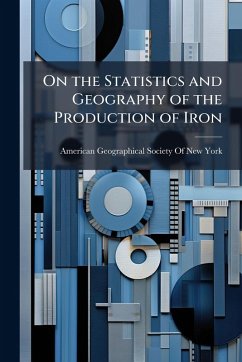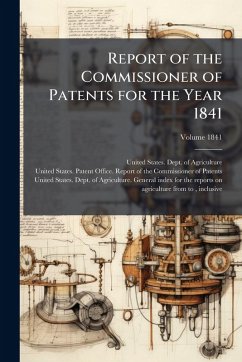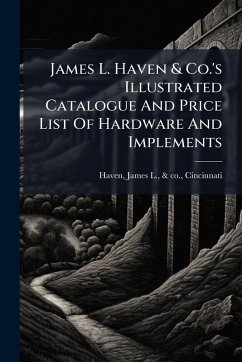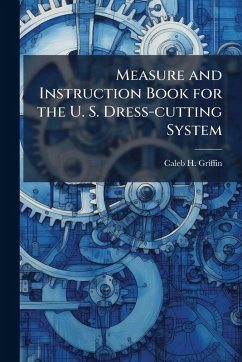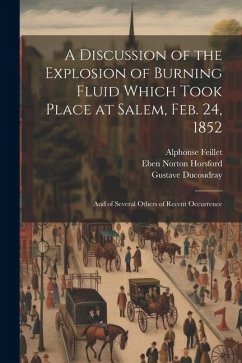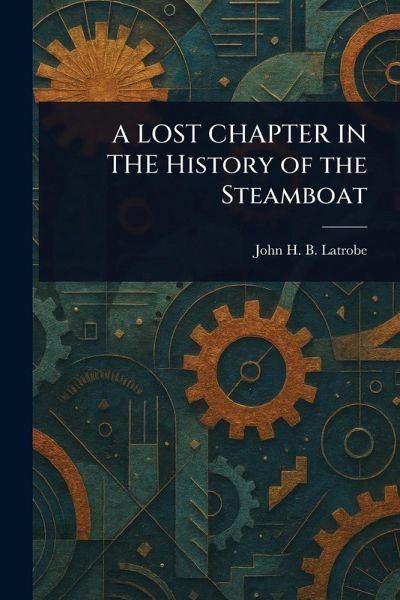
A LOST CHAPTER IN THE History of the Steamboat
Versandkostenfrei!
Versandfertig in über 4 Wochen
14,99 €
inkl. MwSt.

PAYBACK Punkte
7 °P sammeln!
"A Lost Chapter in the History of the Steamboat" recounts the remarkable story of Nicholas Roosevelt's pioneering efforts in early steam navigation. This compelling narrative, written by John Hazelhurst Boneval Latrobe, delves into the challenges and triumphs of introducing steamboats to the American landscape. Explore a crucial period in American history as this book examines the technological advancements and the human endeavor behind the nascent age of steam navigation. Focusing on Nicholas Roosevelt's contributions, the book illuminates his impact on the development of steamboats and their...
"A Lost Chapter in the History of the Steamboat" recounts the remarkable story of Nicholas Roosevelt's pioneering efforts in early steam navigation. This compelling narrative, written by John Hazelhurst Boneval Latrobe, delves into the challenges and triumphs of introducing steamboats to the American landscape. Explore a crucial period in American history as this book examines the technological advancements and the human endeavor behind the nascent age of steam navigation. Focusing on Nicholas Roosevelt's contributions, the book illuminates his impact on the development of steamboats and their role in shaping 19th-century transportation. A fascinating glimpse into the past, "A Lost Chapter in the History of the Steamboat" offers a detailed account of this pivotal era. This historical text is an essential read for anyone interested in steamboat history, American ingenuity, and the evolution of technology. This work has been selected by scholars as being culturally important, and is part of the knowledge base of civilization as we know it. This work is in the public domain in the United States of America, and possibly other nations. Within the United States, you may freely copy and distribute this work, as no entity (individual or corporate) has a copyright on the body of the work. Scholars believe, and we concur, that this work is important enough to be preserved, reproduced, and made generally available to the public. We appreciate your support of the preservation process, and thank you for being an important part of keeping this knowledge alive and relevant.





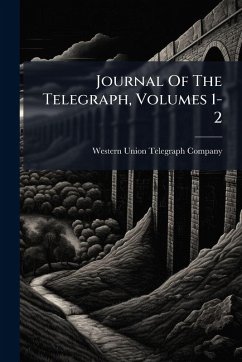


![Papers Respecting Claim of Shareholders in the Late Welland Canal Company, for Arrears of Interest, Under the Act 7th Victoria, Chapter 34 [microform] Cover Papers Respecting Claim of Shareholders in the Late Welland Canal Company, for Arrears of Interest, Under the Act 7th Victoria, Chapter 34 [microform]](https://bilder.buecher.de/produkte/65/65558/65558167n.jpg)
